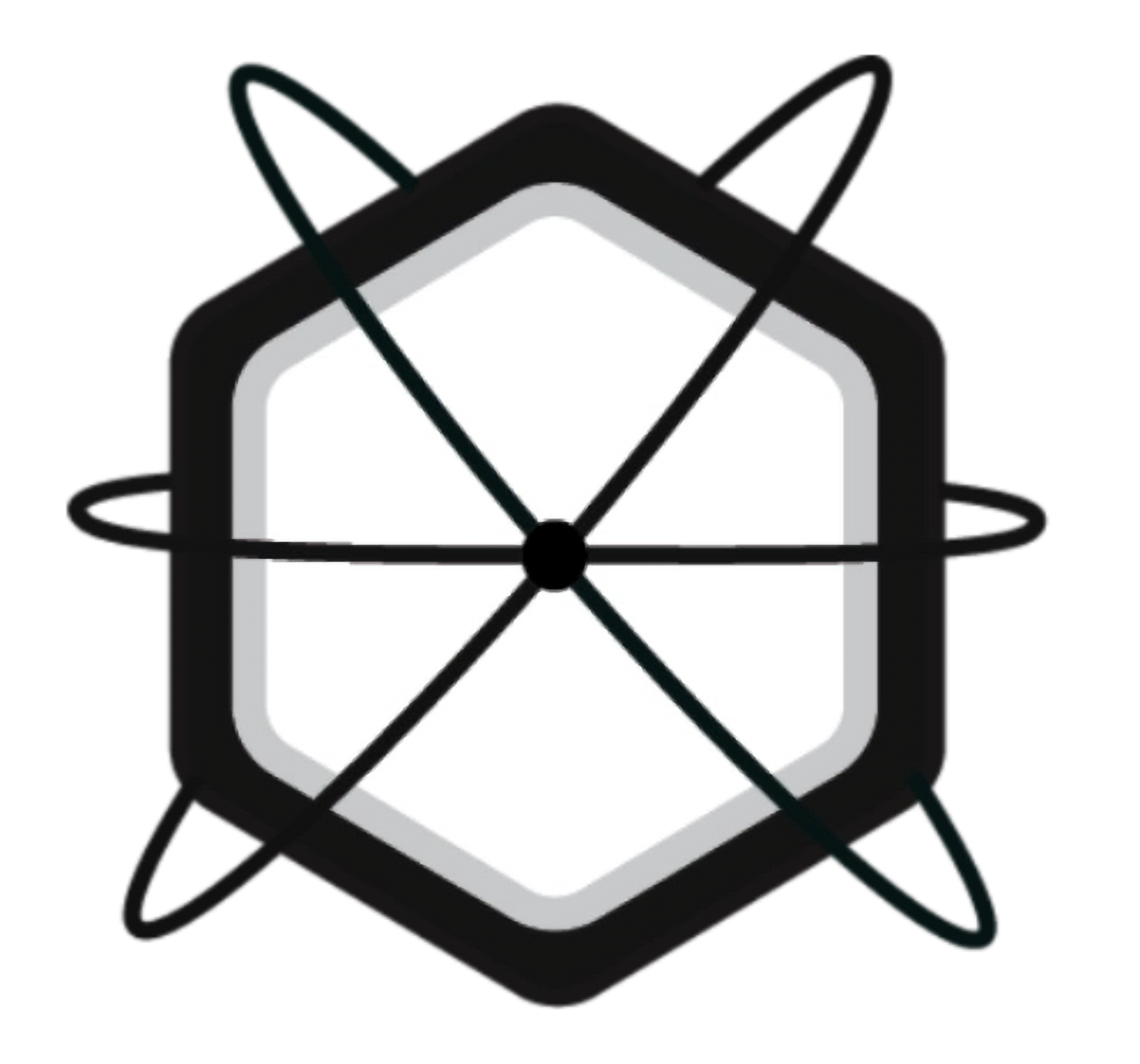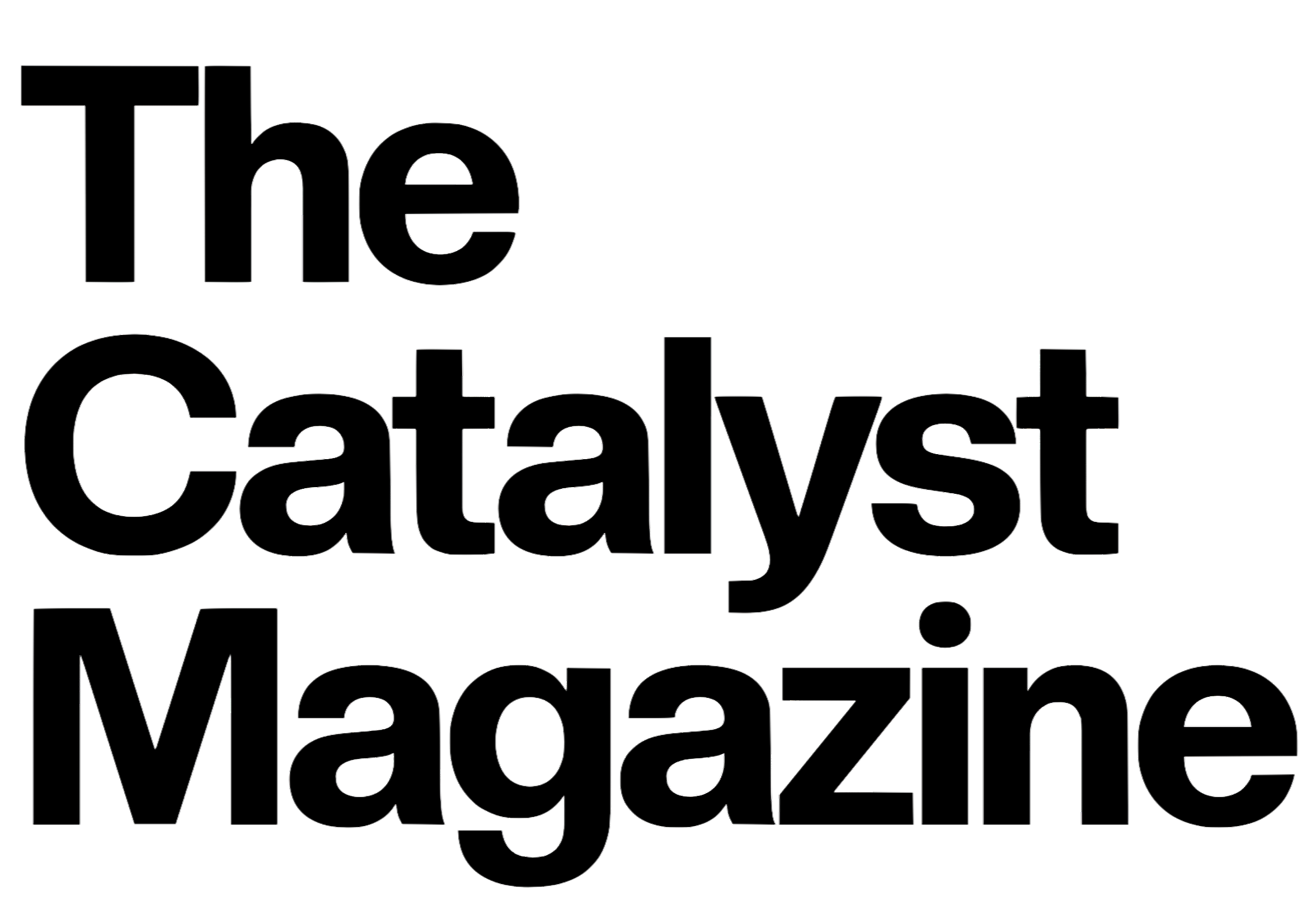How One Engineer is Changing Sustainable Fuels
- Aidan Schurr
- Apr 9, 2025
- 6 min read
Updated: Jul 24, 2025
Tyler Wyka (GWU SEAS BS ‘24, MS ‘25) stands at the crossroads of engineering, sustainability, and global change. As a Mechanical Engineering graduate student at George Washington University, his work spans the technical frontiers of decarbonizing energy systems while fostering international collaborations that address the pressing challenges of climate change. From his research in the Leblanc Laboratory — where he models the performance of alternative fuels in aero-derivative gas turbines — to his hands-on efforts helping communities build climate-resilient infrastructure in Sierra Leone, Wyka embodies the modern engineer: a connector of disciplines, a catalyst for innovation, and an advocate for pragmatic change. His journey, shaped by curiosity, collaboration, and a commitment to impact, continues to inspire a new generation of engineers to embrace a broader responsibility—not just to advance technology, but to create a future worth building.
Introduction: Pioneering Sustainable Innovation
Tyler Wyka is a current first-year Mechanical Engineering graduate student at the George Washington University School of Engineering & Applied Science (SEAS), whose work explores the potential application of alternative energy technologies in the development of new sustainable practices. Outside of the Leblanc Laboratory, Wyka additionally works directly with organizations like the Association for Energy Engineers and the Advanced Energy Group to drive a culture-oriented change in how we think about the sustainable transition. His belief in pragmatic change does not stop at GW, he said, as he also works directly with international partners in Sierra Leone and is looking to expand global collaboration to support communities of all kinds.
“The US has benefited from an age of prosperity using fossil fuels to build our country… There are countries around the world not as fortunate. It feels right that we should do what we can to help.”
Wyka exemplifies the qualities of a modern engineer, blending technical expertise with a broader understanding of policy and sustainability. Wyka’s story also represents the values of child-like wonder that every scientist can unlock inside themselves. And above all, he wears a smile every single day.
The Big Bang
On paper, Sierra Leone and New Jersey have almost nothing in common. However, Tyler Wyka eventually found himself working in both, helping to bring change from opposite sides of the Atlantic Ocean.
Growing up in a small town in New Jersey as the son of a politician and an activist, Wyka often attended his father’s speeches on political reform and Garden State equality marches organized by his mother. There, Wyka developed his sensibility for the wider political world and the importance of upholding his two most defining traits to this day: curiosity and collaboration.
“[My parents] instilled in me a core value to never accept the status quo if you have the power to do something,” Wyka said.
His curiosity was not far behind. As a young teenager, Wyka’s favorite activities involved watching science documentaries and reading, usually focusing on space exploration or the cosmos. At age 13, Wyka attended a viewing of a Hubble Space Telescope documentary at the Jersey City Liberty Science Center. Amazed at the starry imagery and the vast depths of the universe, Wyka felt a newfound gratitude for the Earth’s existence in the cosmos, he said, and left the theater inspired.
“I walked out of that big IMAX dome a changed person, in awe of my place in the Universe,” Wyka said.
Being both curious about the cosmos and Congress, it was a no-brainer for Wyka to attend GWU to pursue a Bachelor of Science in Mechanical and Aerospace Engineering, allowing him to pursue both his dreams of achieving political change and technological advancements, he said.
The Catalyst
During his second year of undergraduate study, Wyka joined the Design Build Fly Team, a club dedicated to constructing aircraft and attending national design competitions to showcase talented engineers. Through his experience constructing wings and analyzing flight patterns, Wyka began to envision his future at a company like NASA or SpaceX, he said, where he could achieve his lifelong dream of helping humanity reach beyond the stars. Somewhere along the way, however, he had an epiphany—one that would alter his trajectory. He realized that while the cosmos may be a vast and untapped domain, the true miracle wasn’t beyond the atmosphere; it was here, on Earth. The planet itself, a delicate and improbable oasis in the cold expanse of the universe, would be a much more rewarding problem to work on, he said.
“It really is a beautiful science,” Wyka said. “Working on the environment is a much more interdisciplinary project. It’s not just the technology, but the communication and acceptance of that technology.”
With this new sense of purpose, Wyka immersed himself in sustainability research at GW. He joined the Leblanc Laboratory in 2021, where he worked on energy systems optimization research. But he didn’t stop there—science alone wouldn’t help the world’s problems. To drive meaningful change, it was essential to align policy, industry, and public perception. He took his knowledge beyond the lab, working with the Association of Energy Engineers (AEE) to influence how institutions and industries approached energy transitions. From 2023 to 2024, Wyka helped lead a team of multidisciplinary students to compete in the Solar District Cup national competition hosted by NREL. The competition focused on developing a three-part plan that included policy, finance, and design, demonstrating the integrative nature of climate work.
However, Wyka’s understanding of the interconnectedness of the modern world urged him to seek out collaborative opportunities outside the United States. He contacted and began a relationship with the Forum for Agriculture, Innovation and Empowerment for Children and Youth in Sierra Leone (FAIECY-SL) to learn about the struggles of those most impacted by the global climate crisis and how to help. FAIECY-SL, founded in 2020, is a youth-led organization working on climate resilience infrastructure and ecological innovation. After winning a grant from the Charitable Foundation of the Energy Bar Association (CFEBA) — a D.C.-based NGO focused on energy-related projects — Wyka and FAIECY-SL joined forces to construct solar drying huts in rural communities of Sierra Leone, allowing communities to effectively preserve their harvests.

Throughout his undergraduate experience, Wyka’s interests led him down many diverse paths, often not lining up with the cookie-cutter idea of an “engineer.” However, these experiences across a diverse set of passions helped Wyka grow into a successful connector of ideas and a catalyst for change. As the 2024 recipient of the GW Engineering Dean’s Alumni prize, the GW SEAS selected Wyka to speak at commencement at the end of his undergraduate career, inspiring a new generation of engineers to embrace the broader responsibilities of both innovation and advocacy for a future worth building.
A Sustainable Now!
Now, as a graduate student, Wyka’s research tackles one of the most pressing challenges in sustainability: decarbonizing energy systems. His work focuses on aero-derivative gas turbines, compact and high-energy systems often used in ships, and on ascertaining how alternative fuels can impact gas turbine efficiency and reduce emissions from the United States Navy.
By utilizing Python to create computer models, Wyka simulates the real-world performance of turbines operating on hydrogen and methanol-blended fuels, then compares them to traditional diesel. He incorporates Cantera, an open-source combustion simulation tool, to analyze fuel consumption, power output, and emissions. By validating his model against Arleigh Burke-class destroyers — DEFINITION —, he bridges the gap between theory and practice, ensuring that his research has real-world applications, he said.
Wyka’s findings will support decarbonization research for the broader marine transport sector, which, if it were a country, falls directly behind China, the U.S., India, the E.U., and Russia in its production of greenhouse gas emissions. If these alternative fuels prove viable, they could accelerate the maritime industry’s transition to cleaner energy sources. Overall, climate research can affect numerous areas and necessitates a broad synthesis of engineering expertise, a commitment to sustainability, and an ability to apply cutting-edge technology to real-world problems. Wyka exemplifies how working on climate change is not a simple fix, but rather a complex web of interconnected issues in almost every field of study.
Tyler Wyka, at his core, is committed to advancing sustainable energy solutions in an ever-changing world. Given the complex nature of international climate change, Wyka’s work spans both local efforts in sustainable energy and international efforts in agricultural security. As he continues his graduate studies, Wyka remains a devoted individual who is quick to highlight that his path was “always forward, never straight,” he said.
“I think it’s beautiful we’re given the chance to live, breathe, think, and feel. I want my work to reflect that, be a part of the solutions for a more sustainable future.”








